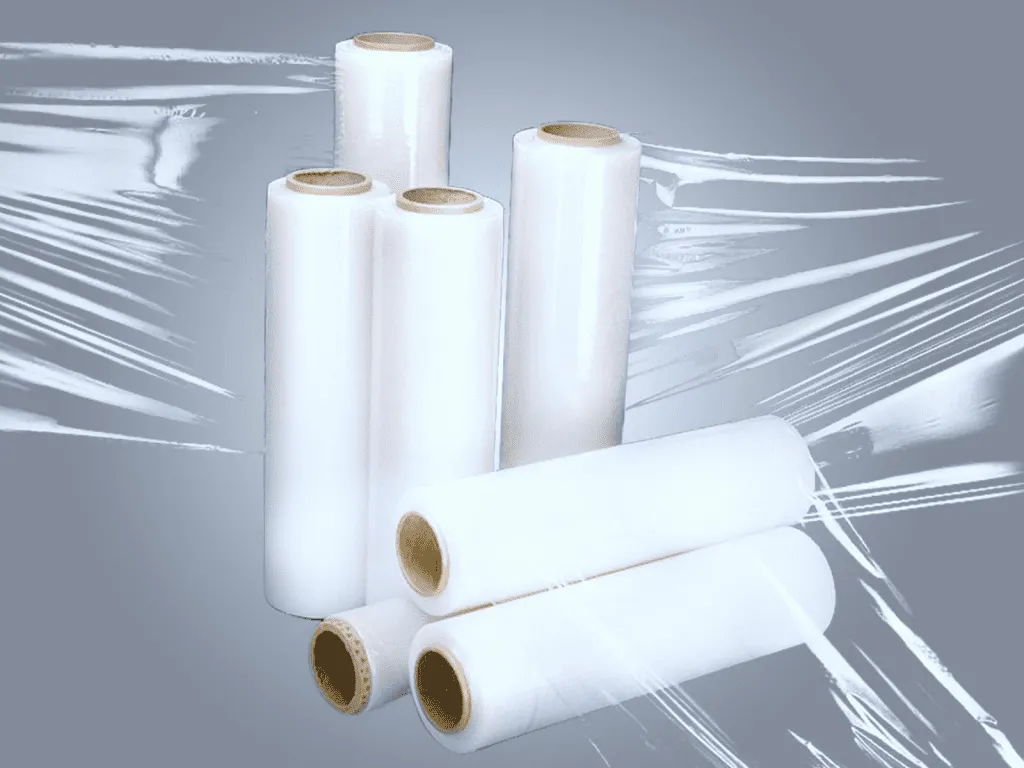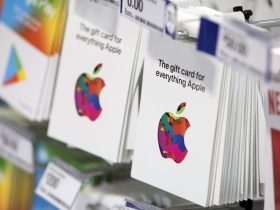Sustainability is shaping how packaging suppliers around the world operate, and Thailand is no exception. Many manufacturers here now serve global markets that expect greener solutions at every stage of production. One material leading that change is PCR stretch film, a newer generation of wrapping film made using recycled content. It offers an easy way for companies to reduce their footprint while maintaining the same strength and flexibility they rely on for shipping.
In industries where thousands of pallets are wrapped each day, the amount of plastic used adds up quickly. Traditional stretch film performs well but depends entirely on virgin resin from fossil fuels. PCR film replaces part of that virgin material with recycled resin, which comes from collected and reprocessed plastic waste. This shift means fewer raw resources are extracted and less plastic ends up discarded.
How recycled material becomes production-ready
The life of PCR film begins with plastic that has already served its first purpose, such as packaging used by households or factories. Once collected, it’s sorted, washed, and shredded before being melted into recycled pellets. These pellets are refined and blended into new film formulations. The result looks and performs much like conventional wrap, yet it carries a smaller environmental burden.
Achieving that balance takes skill. The recycled content must be processed carefully to maintain clarity and durability, especially for applications that need consistent stretch and puncture resistance. Many modern PCR films now meet or exceed the performance standards of traditional options, even under challenging storage or transport conditions found in tropical climates like Thailand’s.
Why global buyers are asking for it
Across Asia, Europe, and North America, large brands are setting packaging targets that include minimum recycled content. Suppliers who can deliver that are quickly becoming preferred partners. For Thai manufacturers and exporters, adopting PCR film shows readiness to meet those global standards. It also helps businesses demonstrate accountability and reduce their overall emissions footprint in sustainability reports.
For international buyers, the advantage is simple. Working with suppliers already using recycled materials means fewer adjustments are needed in their own sustainability chains. It’s a practical step that aligns with the direction global trade is moving toward.
Making sustainability part of daily operations
Transitioning to PCR film doesn’t demand new machinery or expensive upgrades. In most cases, existing wrapping systems can use it immediately with small tension or stretch adjustments. That makes it an accessible improvement for warehouses, logistics centers, and production lines handling bulk shipments.
As environmental expectations continue to rise worldwide, Thailand’s packaging industry has positioned itself as a reliable hub for innovation and supply. PCR film reflects that progress, a smart way to keep global shipping efficient while cutting waste from the source.









